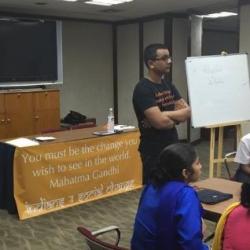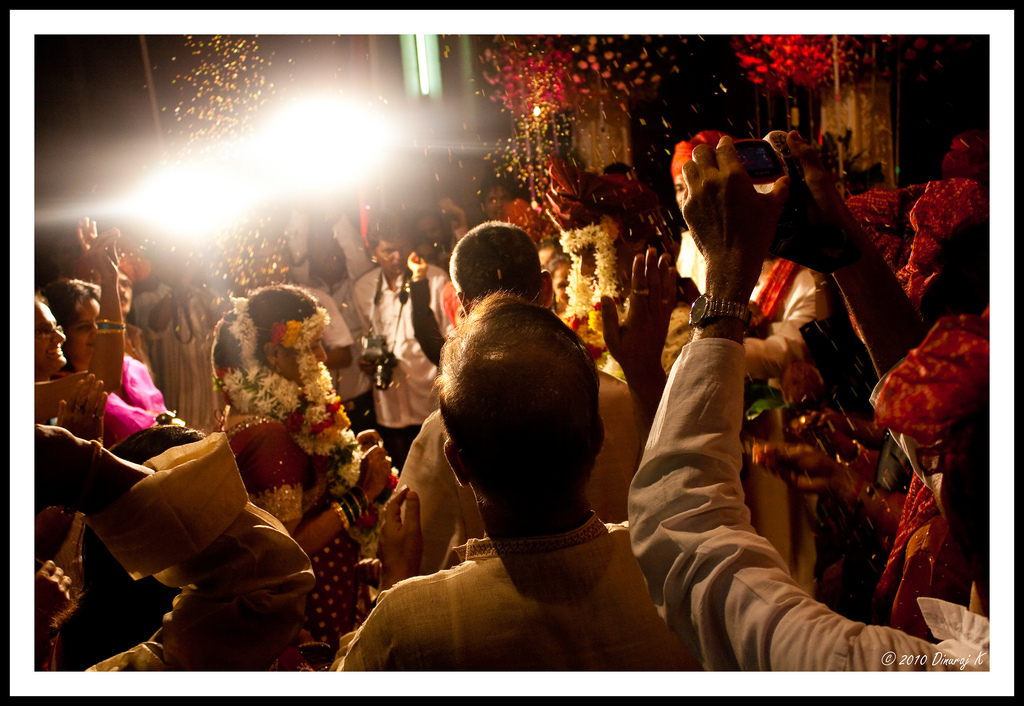Honor Killings in India

Introduction
Honor killings are popular in India as a way for the family to bring back “lost honor” after a family member “dishonors” the family. Honor is a very important concept in Indian society where there is a lot of importance placed on societal norms; either religious, community-based, or national in origin. Women are thought to hold the family’s honor and thus any “mistake” by them is considered an assault on the whole family’s honor. While honor killings are predominately against women, there are often cases where the men are also victims of honor killings. Honor killings usually arise from societal pressure to correct a “wrong” that someone in the family has committed.
Problem
Common reasons for honor killings include, but are not limited to, premarital sex, extramarital affairs, being a victim of rape, for being non-heterosexual, or many other “unconventional actions.” There are also instances for divorce, changing one’s faith, and marrying someone the family disapproves of.
Village panchayats are the most common perpetrators of the honor killings, often ordering families to kill a member or leave the village after a violation has occurred. The social acceptance of the killings mean few cases are reported, and often the surrounding people will help hide evidence of the killings. The Khap Panchayats often openly defend the practice, but will claim no part in the ordering of the killings.
Such love marriages being socially, customarily and traditionally prohibited relationships against the age-old custom and tradition of marriages, their relatives and friends cannot withstand the hostile taunts of their companions and public at large and this aspect forces them to commit such heinous crime of killing the couple on the pleas of saving the honour of their families in the eyes of the villagers and the villages around. (Sarv Khap Panchayats, Haryana in response to Supreme Court case)
Prevalence
It’s hard to exactly pinpoint how many honor killings occur in India. They are more popular in North India, and are more common among upper castes (presumably, because they have “more honor” in Indian society). Data from the United Nations shows that 1 out of every 5 cases of honor killing worldwide are in India. This is just the number of reported cases in India. As with several other issues in India, no one can pinpoint an exact number due to the vast number of cases that go unreported.
Possible Solutions
“Killing is killing. It is unconstitutional and illegal; it’s an offense. There is no ‘honor’ in killing.” (Nirmala Samant Prabhavalkar, India’s National Commission for Women)
The government has been trying to work against the honor killings by taking a few actions. This includes creating programs that deter honor killings, increasing punishment for honor killing, and other preventative actions.
We have in recent years heard of ‘Khap Panchayats’ … which often decree or encourage honour killings or other atrocities in an institutionalized way on boys and girls of different castes and religion, who wish to get married or have been married, or interfere with the personal lives of people. We are of the opinion that this is wholly illegal and has to be ruthlessly stamped out. … [T]here is nothing honourable in honour killing or other atrocities and, in fact, it is nothing but barbaric and shameful murder. Other atrocities in respect of personal lives of people committed by brutal, feudal minded persons deserve harsh punishment. Only in this way can we stamp out such acts of barbarism and feudal mentality. Moreover, these acts take the law into their own hands, and amount to kangaroo courts, which are wholly illegal. (Arumugam Servai v State of Tamil Nadu, supra.)
More action is needed, such as creating a separate law for honor killings as the All India Democratic Women’s Association has campaigned for. Work needs to be done to curtail the power of the khap panchayats that encourage these acts in the villages. Finally, the gender and caste norms that the practice is based on need to be challenged, but that is a slow and difficult process. One suggestion has been to create counseling and awareness for villages to dispel myths about inter-caste marriage, inter-religion marriage, and sagotra (within one’s lineage) marriages.

